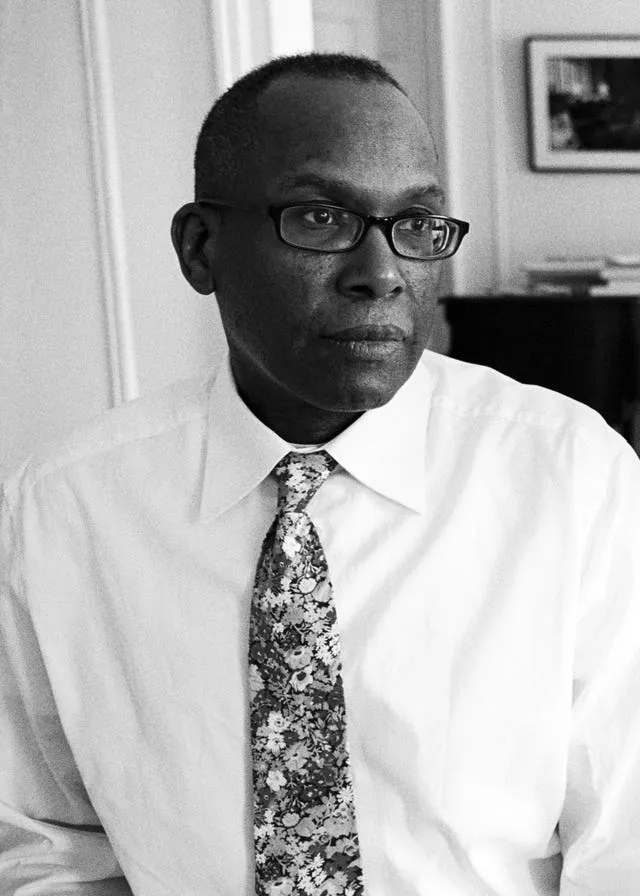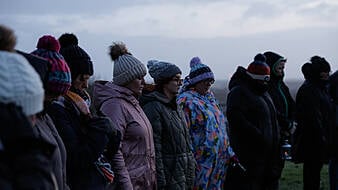The shortlist for one of Britain’s oldest book awards has been announced.
The James Tait Black Memorial Prize’s 2024 shortlist has four novels in one category and six biographical works in a separate bracket.
The winners of each category will receive a £10,000 (€11,658) award.

The memorial prize, hosted by the University of Edinburgh, was first awarded in 1919 and is the UK’s oldest literary award, alongside the Hawthornden Prize, which also launched in 1919.
This year’s works are centred around grief, identity, environmental loss, gender, race, and the art of capturing lives on paper.
One contender in the fiction category is Amy Arnold’s Lori & Joe, detailing a day in the life of a woman reflecting on a decades-long conflicted relationship.
Also nominated for the fiction prize is Open Throat by Henry Hoke, which places the reader in the paws of a mountain lion pondering the impact of climate change from its home underneath the Hollywood sign in Los Angeles.
Though The Bodies Fall by Noel O’Regan explores an Irishman’s will to continue his mother’s selfless good works, while the final work shortlisted for the fiction category is Praiseworthy by Alexis Wright, based in a fictional Aboriginal Australian town facing a climate catastrophe.
The six books shortlisted in the biographical category are: This Is Not Miami by Fernanda Melchor, translated by Sophie Hughes; Traces Of Enayat by Iman Mersal, translated by Robin Moger; Fassbinder Thousands Of Mirrors by Ian Penman; Ordinary Notes by Christina Sharpe; Always Reaching: The Selected Writings Of Anne Truitt by Anne Truitt; and Lifescapes by Ann Wroe.
The shortlisted works will be scrutinised by a panel of judges comprising scholars and literary students, with the two winners announced in May.
Fiction judge Dr Benjamin Bateman, from the University of Edinburgh, said: “This year we have four strikingly different takes on how memory, both visceral and intellectual, colours the environments through which we move and shapes our understanding of intimates and enemies alike; which is to say, each novel probes, in prose ranging from spare to startling, the ambivalence of living in an increasingly interconnected world.”
Biography judge Dr Simon Cooke, also from the University of Edinburgh, said: “From notes to interviews to obituaries to cronicas, this is a kaleidoscopic gathering of astonishing, formally daring life-writings.
“Acutely reflective in their inquiries into the stakes of writing lives, these are works as animated by an urgent attentiveness to the textures of loss as by a moving sense of gesture towards the lives evoked in their pages.”







